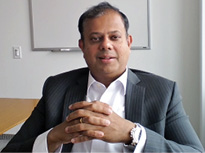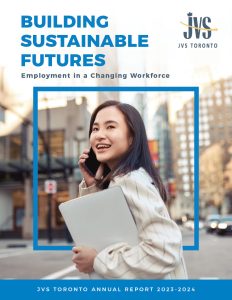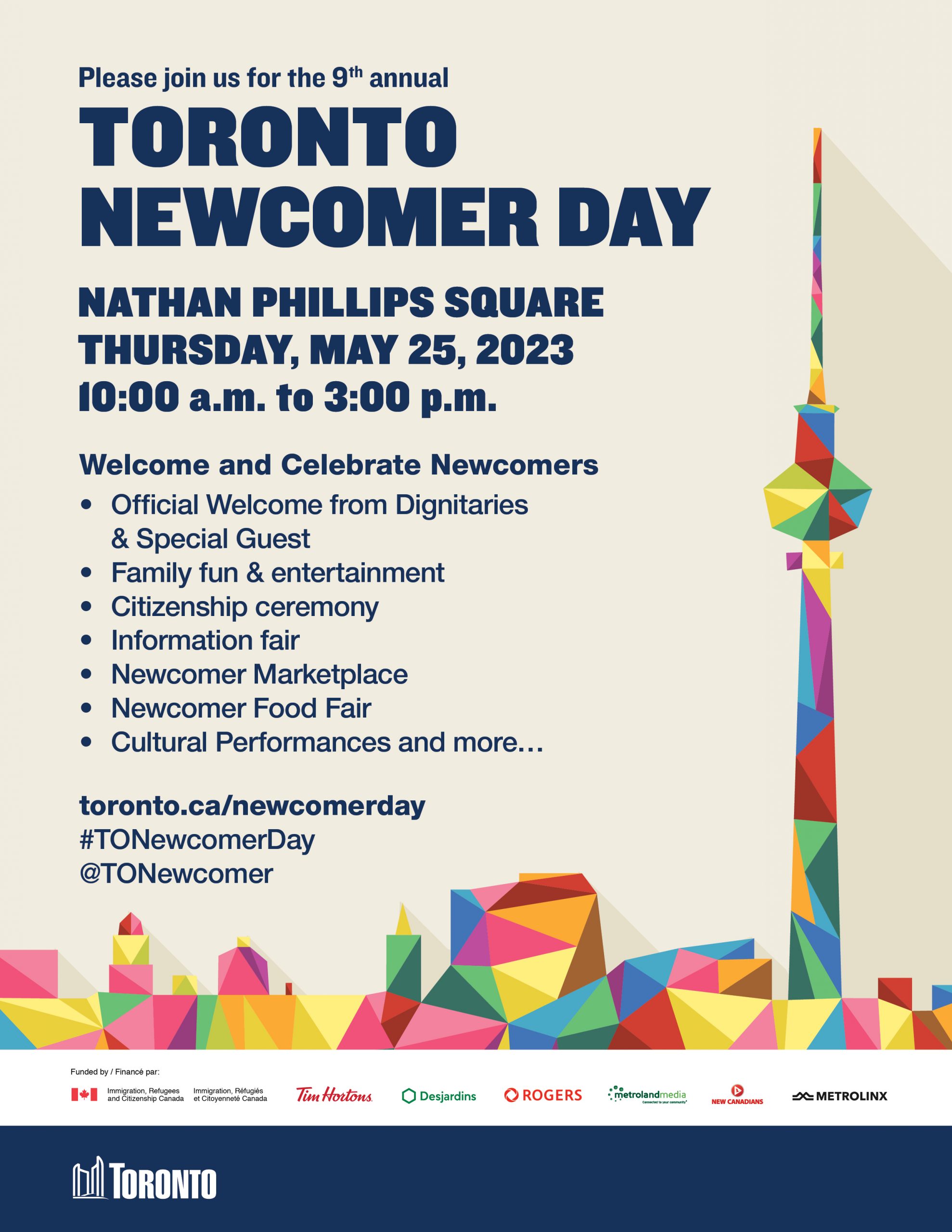
With a rich history dating back to 1947, JVS Toronto has been at the forefront of meeting the needs of a rapidly changing world, with a commitment to its vision of empowering people from diverse backgrounds and communities to achieve their employment potential. Mentoring has played a critical role in this journey, and during National Mentoring Month, we’re thrilled to announce the launch of JVS Toronto’s Inclusive Mentorship Certification – a transformative program designed to empower mentors with the tools and insights needed to foster truly inclusive and supportive relationships with their mentees.
As we celebrate the incredible impact mentorship has on individuals and communities in Canada, this new certification takes a significant step forward in ensuring that mentorship is not only about guidance but also about creating spaces where everyone feels valued, respected and heard.
Why Inclusive Mentorship Matters
In a world that thrives on diversity, mentorship must evolve to embrace the principles of Diversity, Equity, Inclusion, and Belonging (DEIB). For mentors working with newcomers to Canada, this is especially crucial. Newcomers often face unique challenges, from navigating cultural differences to overcoming systemic barriers. By equipping mentors with a deeper understanding of DEIB, we can enhance the mentorship experience and pave the way for mentees to thrive in their personal and professional journeys.
Newcomers often face unique challenges, from navigating cultural differences to overcoming systemic barriers. By equipping mentors with a deeper understanding of DEIB, we can enhance the mentorship experience and pave the way for mentees to thrive in their personal and professional journeys.
What the Certification Offers
The Inclusive Mentorship Certification is a comprehensive program developed in partnership with Inclusive Leaders, experts in the field of DEIB. Combining self-paced online learning with an interactive workshop, this certification ensures that mentors are not only informed but also actively engaged in applying DEIB principles to their mentorship practice.
By completing this program, mentors will:
- Gain a deeper understanding of DEIB principles and their application in mentorship.
- Build confidence in creating inclusive and supportive mentorship experiences.
- Enhance their leadership and coaching skills.
- Receive a JVS Toronto-branded certification, demonstrating their commitment to inclusive mentorship.
For now, this free resource will be offered exclusively to JVS Toronto and Canada InfoNet mentors. If you are interested in supporting the journeys of new immigrants, please fill out the “Mentoring Newcomers” form here and take the first step towards becoming an Inclusive Mentor!
















